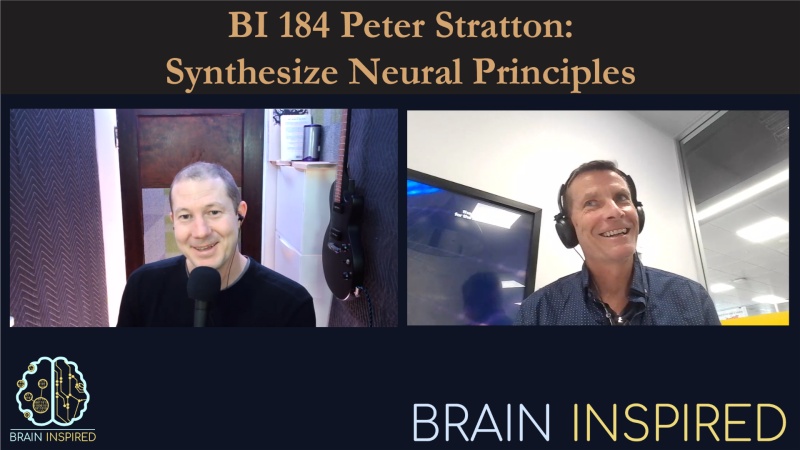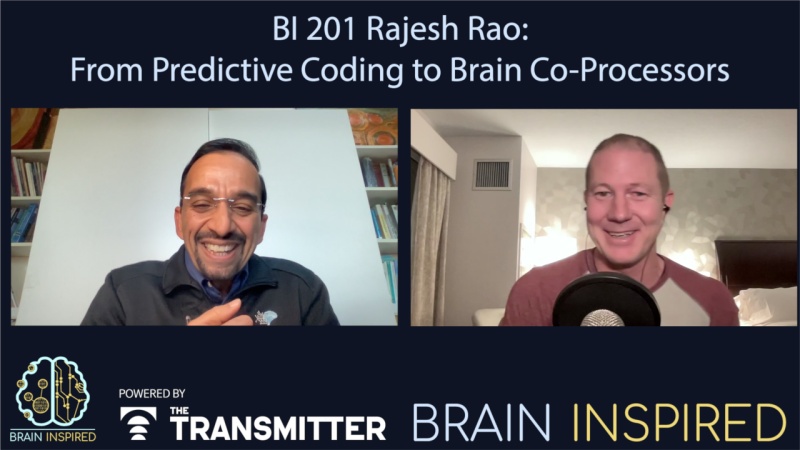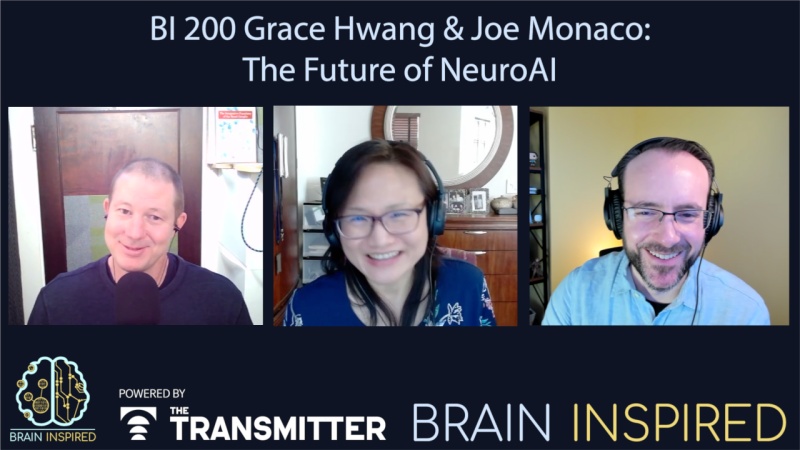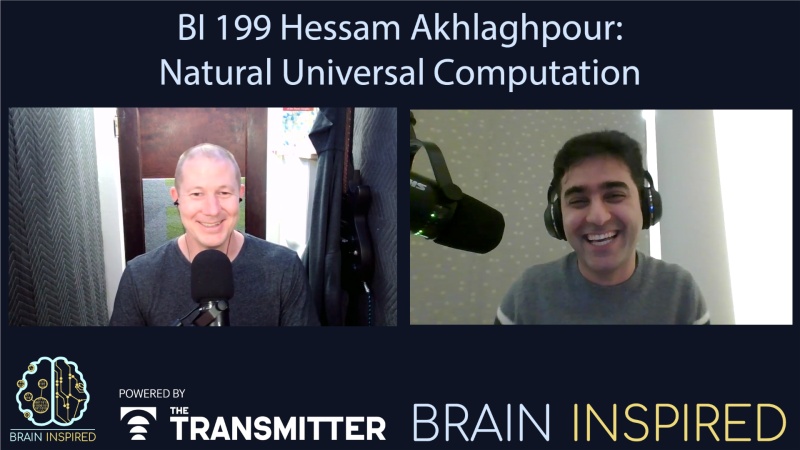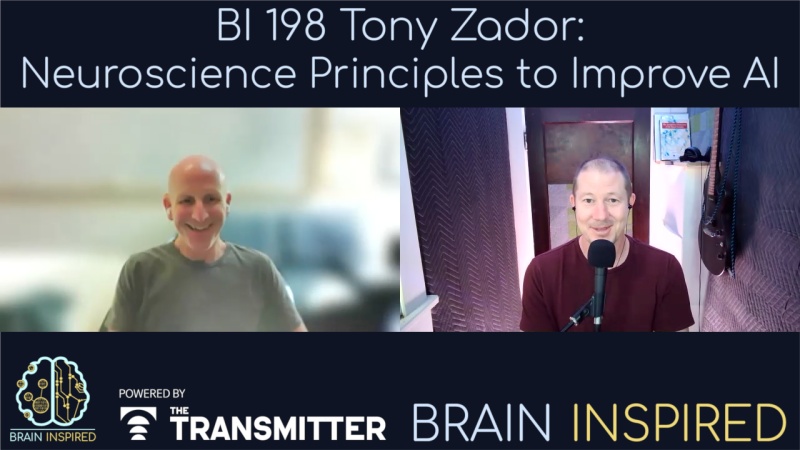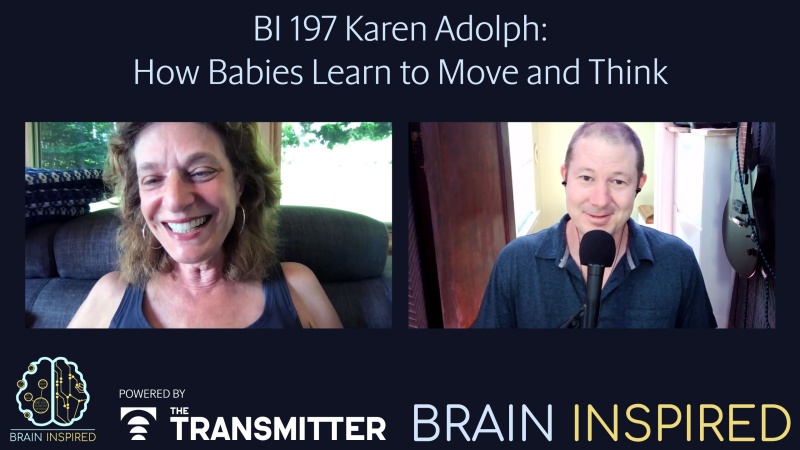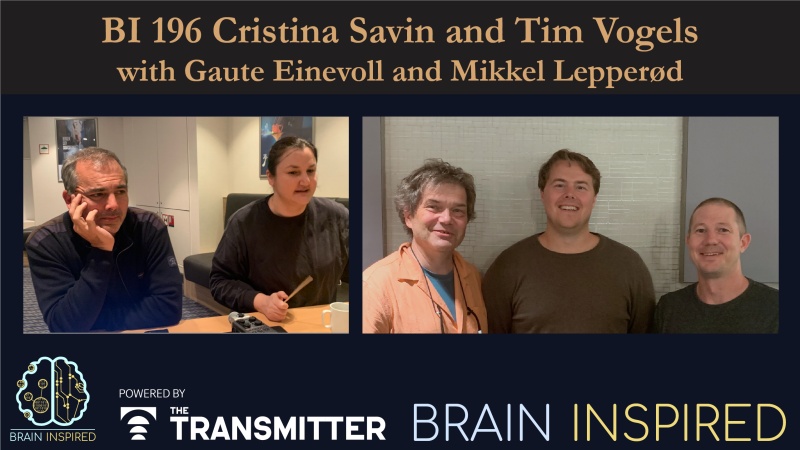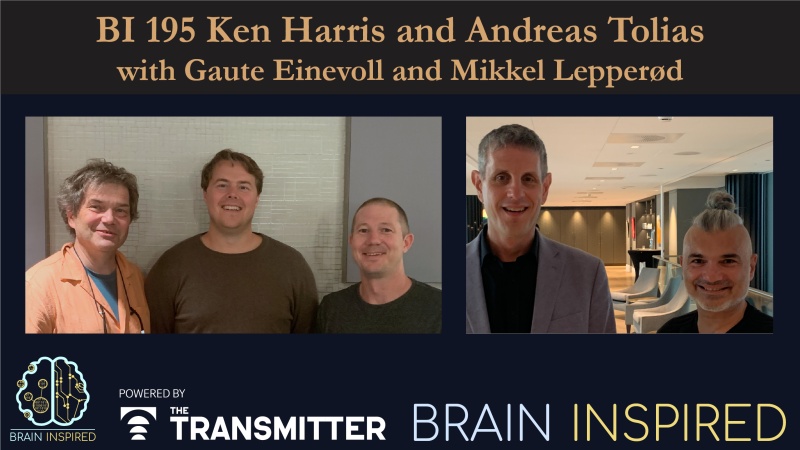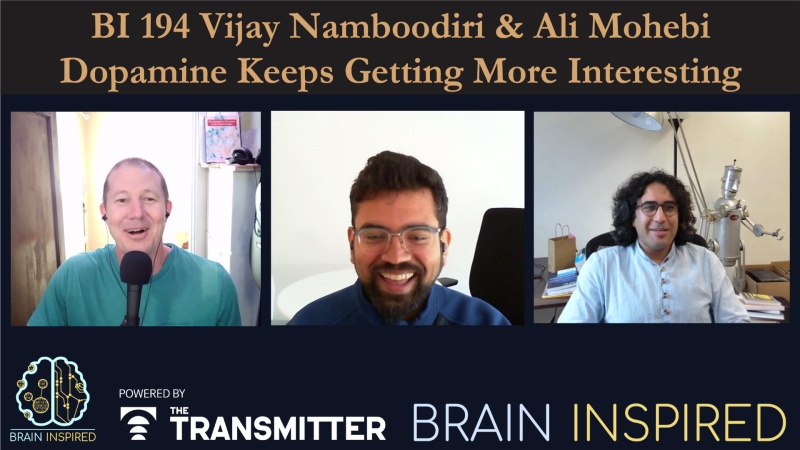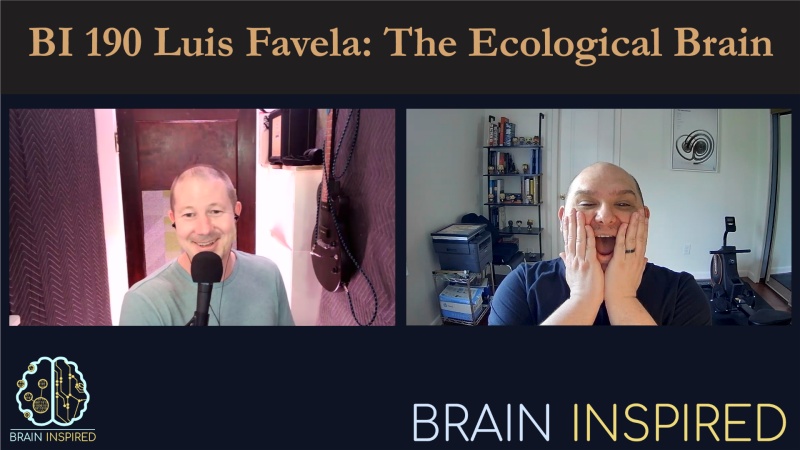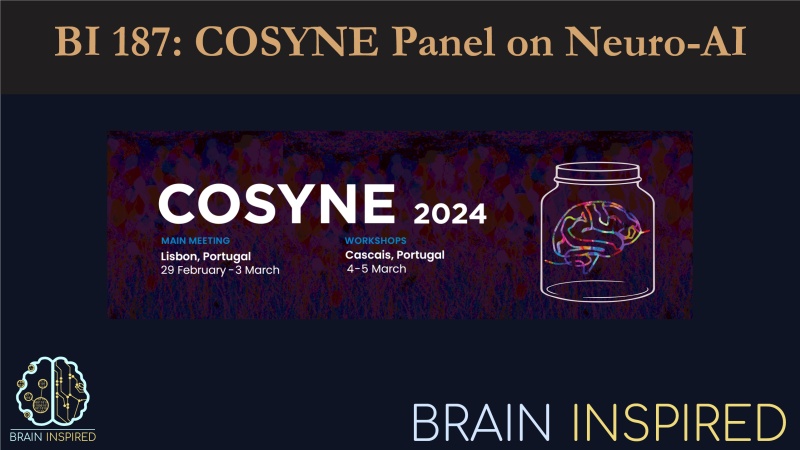BI 184 Peter Stratton: Synthesize Neural Principles
Description
Support the show to get full episodes, full archive, and join the Discord community.
Peter Stratton is a research scientist at Queensland University of Technology.
I was pointed toward Pete by a patreon supporter, who sent me a sort of perspective piece Pete wrote that is the main focus of our conversation, although we also talk about some of his work in particular - for example, he works with spiking neural networks, like my last guest, Dan Goodman.
What Pete argues for is what he calls a sideways-in approach. So a bottom-up approach is to build things like we find them in the brain, put them together, and voila, we'll get cognition. A top-down approach, the current approach in AI, is to train a system to perform a task, give it some algorithms to run, and fiddle with the architecture and lower level details until you pass your favorite benchmark test. Pete is focused more on the principles of computation brains employ that current AI doesn't. If you're familiar with David Marr, this is akin to his so-called "algorithmic level", but it's between that and the "implementation level", I'd say. Because Pete is focused on the synthesis of different kinds of brain operations - how they intermingle to perform computations and produce emergent properties. So he thinks more like a systems neuroscientist in that respect. Figuring that out is figuring out how to make better AI, Pete says. So we discuss a handful of those principles, all through the lens of how challenging a task it is to synthesize multiple principles into a coherent functioning whole (as opposed to a collection of parts). Buy, hey, evolution did it, so I'm sure we can, too, right?
- Peter's website.
- Related papers
- Convolutionary, Evolutionary, and Revolutionary: What’s Next for Brains, Bodies, and AI?
- Making a Spiking Net Work: Robust brain-like unsupervised machine learning.
- Global segregation of cortical activity and metastable dynamics.
- Unlocking neural complexity with a robotic key
0:00 - Intro
3:50 - AI background, neuroscience principles
8:00 - Overall view of modern AI
14:14 - Moravec's paradox and robotics
20:50 -Understanding movement to understand cognition
30:01 - How close are we to understanding brains/minds?
32:17 - Pete's goal
34:43 - Principles from neuroscience to build AI
42:39 - Levels of abstraction and implementation
49:57 - Mental disorders and robustness
55:58 - Function vs. implementation
1:04:04 - Spiking networks
1:07:57 - The roadmap
1:19:10 - AGI
1:23:48 - The terms AGI and AI
1:26:12 - Consciousness

